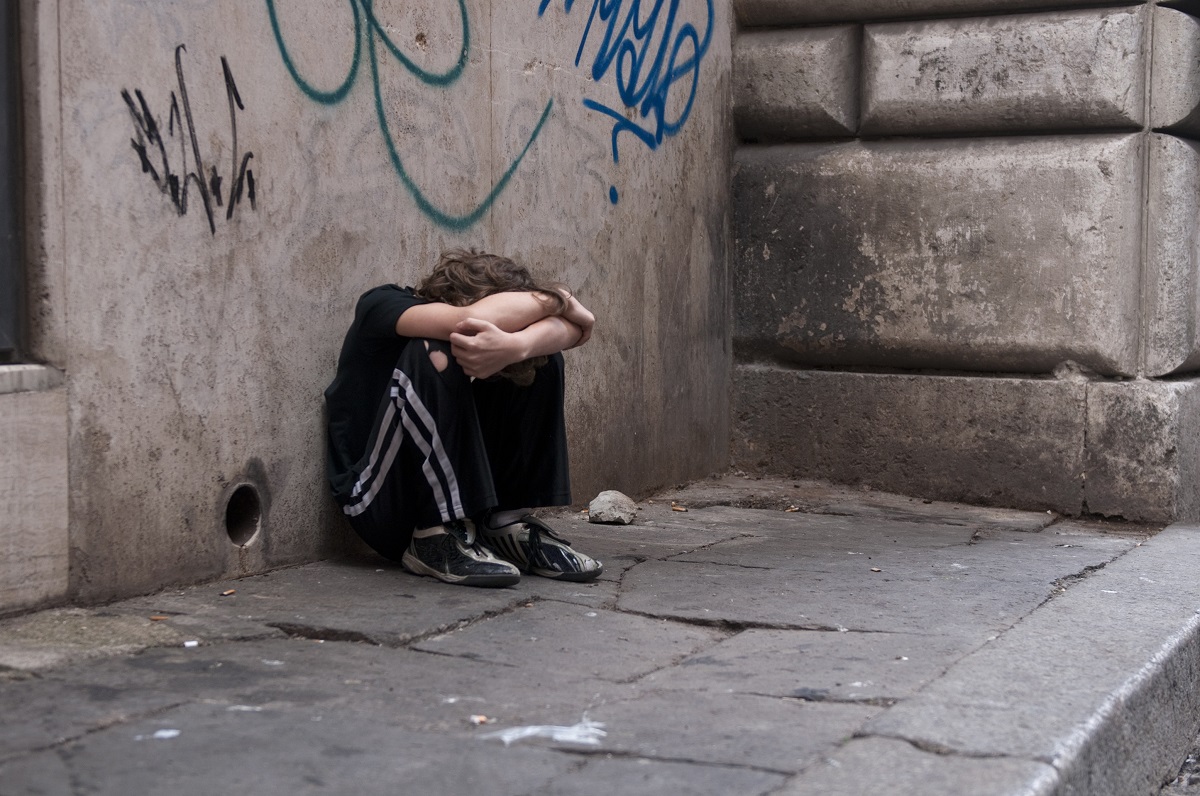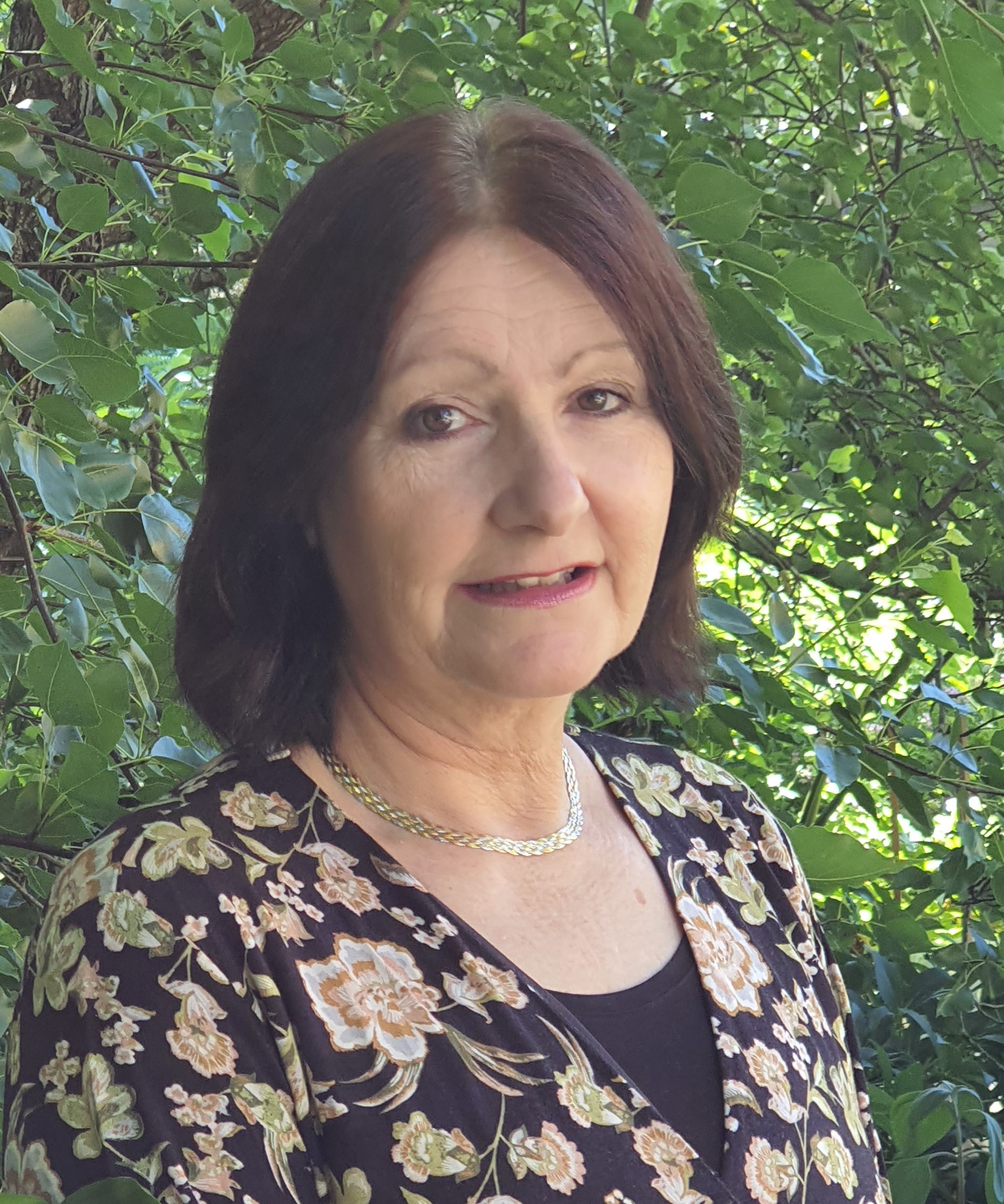
Caring Futures Institute researcher Associate Professor Yvonne Parry has been appointed International Advisor on a UK project looking at the effects of COVID-19 on children under five living in temporary accommodation, which will co-develop feasible, culturally-sensitive policy and practice recommendations to help with the recovery phase and beyond.
Drawing on her own experience examining the health of children experiencing homelessness in South Australia, Dr Parry hopes her involvement will help shed light on a serious problem.
“While COVID-19 has been challenging for all of us, families living in temporary accommodation and experiencing homelessness have been especially hard hit,” she says.
A joint Flinders University-UnitingCare Wesley Bowden program involving a nurse practitioner providing care to children and their families experiencing homelessness in Adelaide’s southern suburbs found that 24% of children had severe health issues requiring immediate intervention, while 62% of the presenting children suffered from ill-health.
A recognised expert around young people and families living in homelessness and their access to healthcare, education, welfare and support services, Dr Parry will now be applying her expertise to the Economic and Social Research Council-funded Children in Homeless Accommodations Managing Pandemic Invisibility or Non-Inclusive Strategies (CHAMPIONS) project based in London.
Led by Professor Monica Lakhanpaul, the project is a collaboration between University College London (UCL), De Montfort University Leicester (DMU), The Children’s Society and a Community Engagement Panel.
“In my role as International Advisor, I am meeting with the team remotely to develop joint publications, education modules and attract research grants,” Dr Parry says.

Prof Lakhanpaul says the advisory team deeply values Dr Parry’s involvement.
“There is an increasing number of children experiencing homelessness globally and working together we can hope to co-create solutions sooner,” she says.
The project involves a survey and face to face interviews in England, with members of the public invited to submit their own photographs and stories.
Researchers seek to gain a clearer picture of how children experiencing homelessness have been affected by the pandemic, with many unable to follow simple precautions such as social distancing, hand washing and self-isolation.
“I anticipate we will identify the need for specific and targeted services that address the developmental, health and social needs of the children and families facing housing instability and homelessness,” Dr Parry says.
The Community Engagement Panel, representing families who have experienced homelessness, will help co-develop strategies to respond to the health and wellbeing impacts of COVID-19.
“To achieve the highest levels of community engagement and collaboration it is imperative to speak directly to those involved,” Dr Parry says.
“This work will also provide broader community recognition internationally to the extent of the problem and the policies needed to address it.”
Furthermore, researchers hope to measure how the pandemic has changed practice for health and wellbeing professionals. A needs analysis report will be developed in the final stage of the project.
Dr Parry intends to travel to the UK in 2022 to meet the rest of the research team face-to-face.

